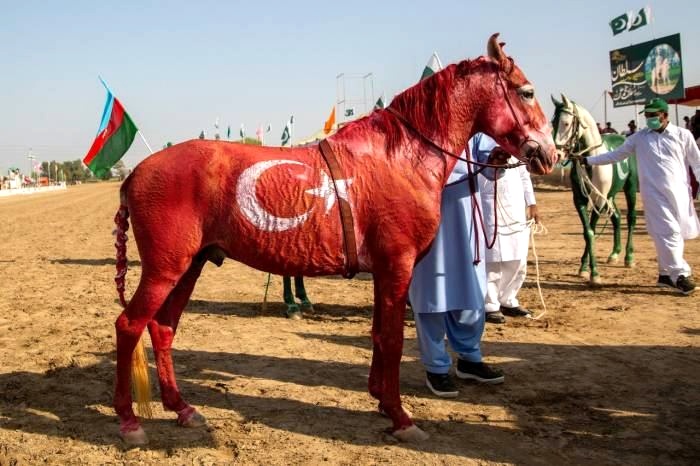Barrel racing is a fast-paced, exciting event that is a fan favorite in the world of rodeo. It requires skill, speed, and agility from the horse and rider, and having a horse of the right age is essential for success. But what is the best age for a horse to be when entering into barrel racing?
The Benefits of Younger Horses
Younger horses have many advantages for barrel racing, as they tend to be full of energy and ready to learn. A horse that is two to three years old is just beginning to learn the basics of riding and training, and they are often more willing to try new things and learn new skills. This makes them very beneficial for experienced riders looking to train them in the basics of barrel racing.
Younger horses also tend to have fewer physical issues than their older counterparts. As they are still growing and developing, they are less likely to be dealing with age-related issues such as joint pain or stiffness. This means they can work harder and longer without the fear of injuring themselves.
The Benefits of Older Horses
While younger horses have many advantages for barrel racing, older horses also have their benefits. Their years of experience make them more reliable and less likely to make mistakes in the arena. This makes them ideal for less experienced riders who may be more nervous in the saddle.
Older horses have also had time to develop their strength and stamina, which can be beneficial for the more demanding aspects of barrel racing. They may not have the same speed as younger horses, but their endurance and experience can make them a valuable asset in the arena.
Factors to Consider
While both younger and older horses can have a place in barrel racing, there are several factors that need to be taken into account when deciding which age is best for a horse.
First is the experience of the rider. If the rider is new to barrel racing, an older horse may be the better choice. An experienced rider, however, may be better off with a younger horse that they can train up and mold into the ideal barrel racing partner.
The horse’s physical condition is also important. Older horses may be more experienced and reliable, but they may also be dealing with age-related issues that could affect their performance in the arena. Younger horses, on the other hand, may have more energy but may not yet be physically strong enough to handle the demands of barrel racing.
The horse’s personality is also something to consider. Some horses may be better suited for barrel racing than others, regardless of their age. A horse that is willing to learn, is confident and brave, and is eager to please its rider is likely to do well in the arena.
Ultimately, the best age for a barrel horse depends on the individual horse and rider combination. Every horse is different, and what works for one may not work for another. The most important thing is to find the right horse and rider combination that will work together to achieve success in the arena.

